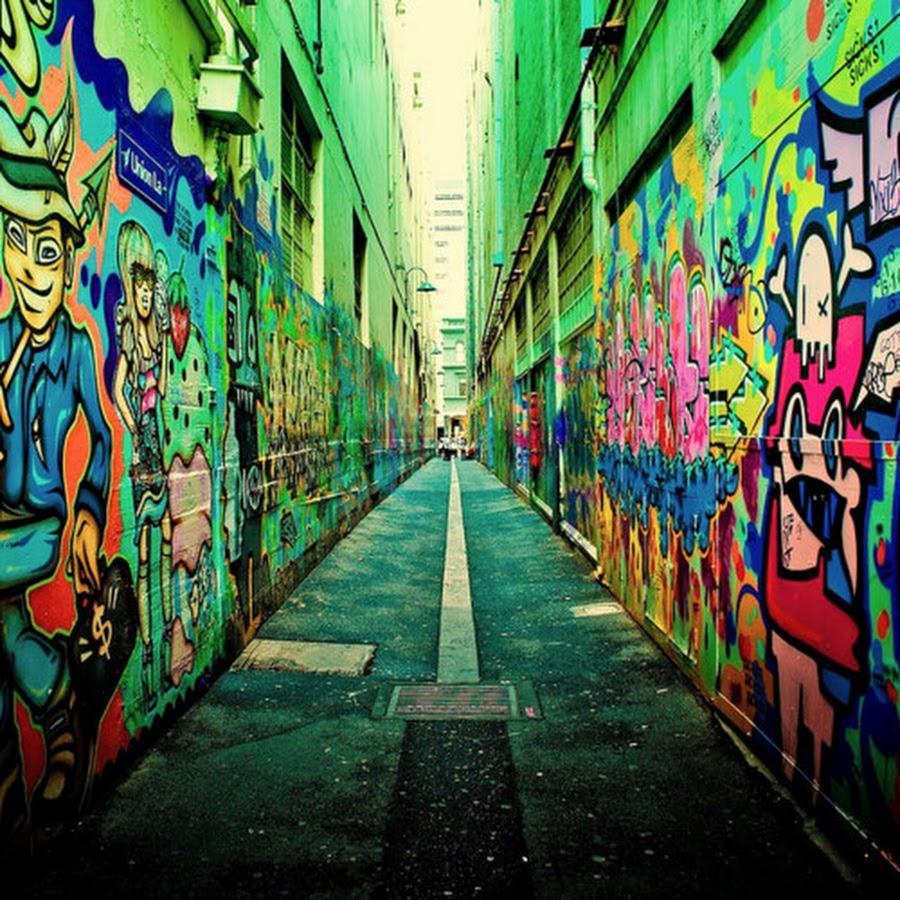The Maestro’s Corner: Rapper’s Delight
The Spirit of Hip-Hop
The Sugar Hill Gang - Rapper's Delight (1979)
September 27, 2016
Nearly everyone listens to hip hop. Whether it’s a classic rap or a trippy remix, this catchy and distinctive music genre is everywhere.
Hip Hop is one of the most iconic art forms in America, and it originated right here in New York. To be specific, it started off at block parties in the Bronx. The term “hip hop” comes from the opening lyrics of what is generally considered to be the first hip hop song: Rapper’s Delight by The Sugarhill Gang, recorded in 1979. Once hip hop got started, it really didn’t stop. Hip hop culture has manifested itself in many ways, from breakdancing to baggy clothing to vibrant graffiti (like that featured above this article). However, it started off in the fresh musical beats of the 80’s, and it is those beats that we now revisit.
As mentioned before, the first hip hop song was probably Rapper’s Delight. The many songs that followed were often similar, characterized by strings of clever rap lyrics, vibrant bass lines, and catchy rhythms reminiscent of Latin and African dance songs. Over the years since the 80’s, little of the basic focus of hip hop – self-expression and joie de vivre – has changed. However, the way in which this focus is expressed has changed – or rather, evolved, as new resources became available to hip hop artists.
Back in the days of the Sugarhill Gang, recording equipment was rudimentary, and the instruments available (besides the human voice) were the bass, guitar, drum, and occasionally a synthesizer, piano, saxophone, or trumpet. These early songs display some influences from jazz and gospel music, especially with the backup vocals and occasional use of orchestral instruments.
Hip hop in the 80’s was less about creating a musical masterpiece and more about expressing oneself. These songs told stories, voiced desires, and gave advice. They were the voice of the underground culture that populated so many areas of New York. Hip hop was a way to connect, to speak one’s mind, and to have fun while doing it.
As the years since 1979 have passed, hip hop has only grown more prevalent. It has branched and evolved, but its basic roots remain. In the modern hits of Eminem, Drake, Lil Wayne, Jay-Z, and countless others, we can still hear the strains of artistic freedom and independence that marked hip-hop from the start. This adaptability, the ability to change with the times, has kept hip hop strong. And even as newer instruments like auto-tune and remixing have become mainstream, the spirit of hip hop endures.



